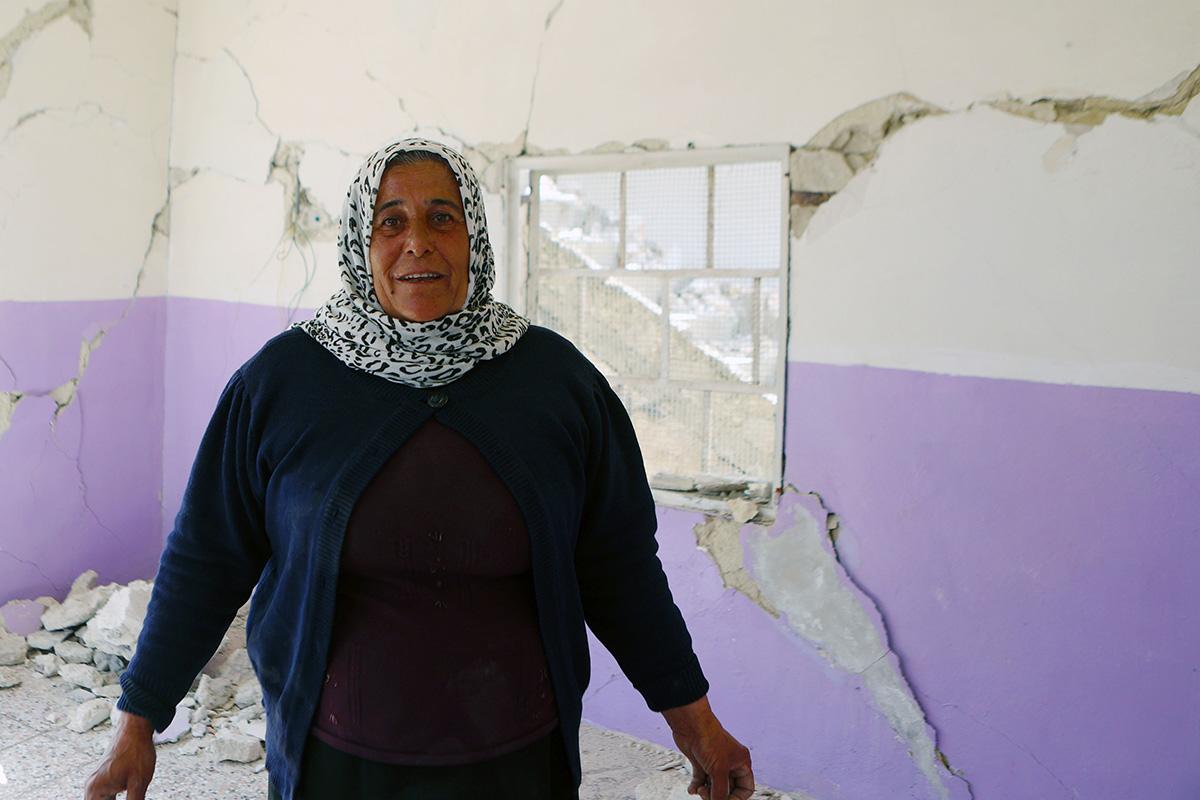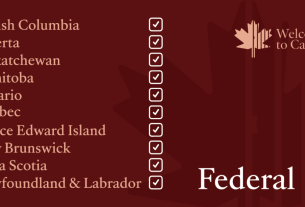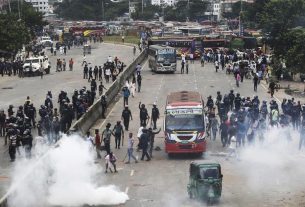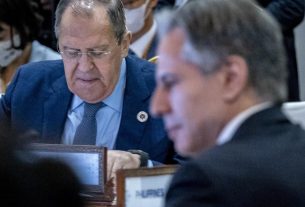Since the February earthquakes devastated lives and uprooted people once again, the EU’s humanitarian partners have been assisting those most in need in the impacted areas across Syria, wherever these are.
How is the EU helping those affected in Northwest Syria and government-controlled areas? In pictures, see some examples.
Alifa shows the earthquake damage to her house in the town of Sheikh Hadid, near Afrin in Northwest Syria. Living in it is now impossible.
© European Union, 2023

Alifa is happy to have received a tent and stove from the EU emergency stockpiles. The relief was first flown into Türkiye, then trucked into Northwest Syria across a border crossing that was exceptionally opened to speed up the relief effort.
© European Union, 2023

“We couldn’t talk about our fears, but we get better when we do,” Najwa says. She and her daughter were sleeping on the 6th floor of their building in Aleppo when the quake hit. She gets counselling in the women’s clinic supported by the EU and UNFPA.
© European Union, 2023 (photographer: Anouk Delafortrie)

“This is much more difficult than shelling and airstrikes as in that case you know it’s on a limited scale,” says Mary in Northwest Syria. The EU and partner PIN are starting a cash-for-shelter project to help people like Mary who are displaced again.
© Omar Khattab/People in Need

67-year-old Hasnaa lives in a school turned into a collective shelter in the government-controlled area. Some women have not been able to shower since the earthquake. EU partner DRC gave Hasnaa a hygiene kit to help maintain a level of hygiene.
© European Union, 2023 (photographer: Anouk Delafortrie).

Our partners in Northwest Syria continue to scale up aid including mental health support. 12 years of crisis and displacement have eroded people’s resilience and mental wellbeing. Psychological support can prevent permanent scars and help people recover.
© CARE. All rights reserved. Licensed to the European Union under conditions.

Fatima and her 3-year-old son visit an EU-funded mobile clinic in a collective shelter in the government controlled area. Respiratory infections among children are common complaints among the displaced people and the threat of a cholera outbreak is real.
© European Union, 2023 (photographer: Anouk Delafortrie)
Story by Anouk Delafortrie, Regional Information Officer for Middle East and Southern Africa, EU Civil Protection and Humanitarian Aid Operations.
Publication date: 14/03/2023



